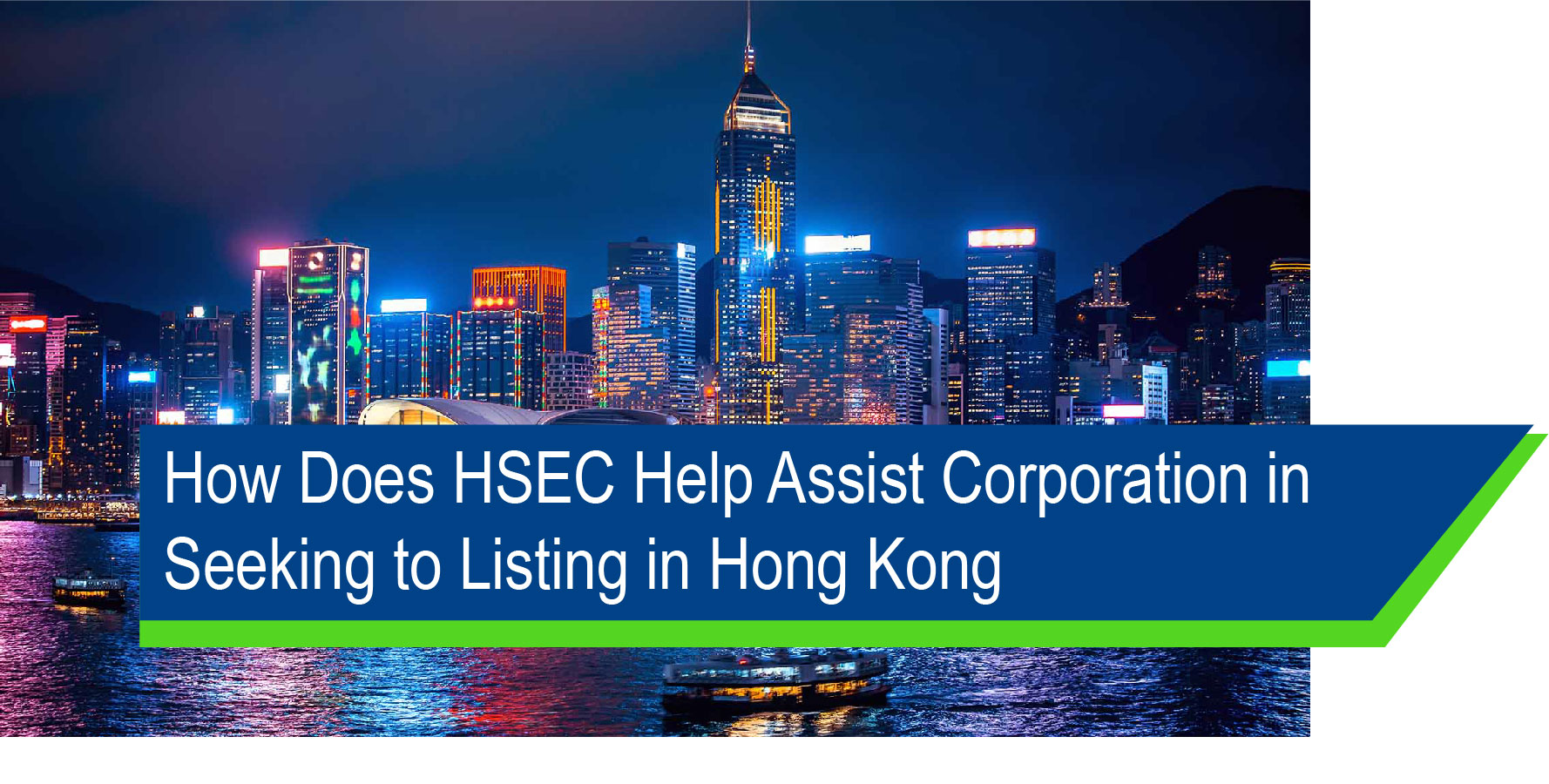HongKong Taxation
Profits Tax
Under the “Inland Revenue Ordinance” from Inland Revenue Department (IRD), profits taxpayers mean persons, including corporations, partnerships, trustees and bodies of persons that profit from carrying on trade, profession or business in Hong Kong.
Scope of Charge
Profits arising in or derived in Hong Kong from operating any business or service are subject to tax (except profits arising from or losses incurred by the sale of capital assets). In contrast, no tax is levied on profits arising abroad, even if they are remitted to Hong Kong. Whether business is operated in Hong Kong and whether profits are derived from Hong Kong are mainly determined by operating facts.
If a person sells his/her building or any property as part of a scheme of profit-making, it will be regarded as a “business” and he/she is required to pay tax on any profit he/she may make.
Profits Tax Rate
| Type of Company | Profits of the First HK$ 2 million | Profits above the amount (HK$ 2 million) |
| Limited company | 8.25% | 16.5% |
| Company in Sole Proprietorship or Partnership | 7.5% | 15% |
Basic Period
The financial year generally ends on 31 March or 31 December of each year, with a 12-month accounting period. However, the first accounting period for a newly set up company cannot exceed 18 months.
Exemption
- Dividends or investment yield received from companies that have paid profits tax are not included in assessable profits
- Interest received on the deposits placed in authorised institutions is exempt from profits tax
- Reduce the tax on profits for 2022/23 by 100% subject to a ceiling of HK$6,000
Deductions
All expenses incurred by the taxpayer in the production of chargeable profits, to the extent that they are related to the operation, deductions which include:
- Loan interests
- Rent
- Bad debts and bad loans
- Repair fee or repair charge
- Research and development expenditure
- Registration fee for royalty, design and patent
- Purchase expenditures on royalty, design and patent used in Hong Kong
- Education expenditures pursuant to the business paid to the accreditation bodies
- Charitable donation in conformity with provisions
- The contribution of the employer in the beginning of the recognized occupational retirement schemes or special contribution may be deducted in five years, and the upper deduction limit of each year’s defined contribution is 15% of the employee’s annual salary.
- As for sole proprietors or partners of a partnership, the upper limit of deduction from mandatory contribution paid in as self-employed persons is 18,000 HKD per person in accordance with the legal liability stated in the Mandatory Provident Fund Schemes Ordinance.
In calculating the profits, deduction is specifically prohibited with respect to the following:
- Family or private expenses and any other expenses not intended for assessable profits
- Investments for improvement and any expenses of capital in nature
- Depreciation or amortization of fixed assets
- Recoverable expenses according to an insurance plan or contract of indemnity
- Rent and related expenses arising from building occupation, not for the purpose of assessable profits
- Various kinds of taxes paid in according to Inland Revenue Ordinance (except for salaries tax arising in paying salaries to employees or board directors)
- Salaries, capital interests and loan interests paid to the sole proprietor or his/her spouse and the partner of a partnership or his/her spouse
- Contribution or provision as per unrecognized occupational retirement schemes
Provisional Profits Tax Payment
Before a given tax year ends, the Inland Revenue Department (IRD) will impose provisional profits tax on enterprises according to the tax payment assessed in the previous year. In the succeeding year, when the tax payment for the related year is appraised, the provisional tax paid will be used to pay the profits tax payable in that year.
Tax Preferences
- The initial depreciation accounts for 60% of capital expenditure in the purchase of machinery, instruments, equipment and other assets
- Expenditure incurred in the purchase of computer hardware and software will be fully deducted according to facts
- Capital expenditure incurred in the renovation of commercial buildings is allowed to deduct over a period of 5 years
- If Hong Kong enterprises have goods processed by Mainland China companies through “contract processing” in China, then only 50% of the profits are assessed from a Hong Kong source, which are subject to profits tax
Salaries Tax
Hong Kong salaries tax is charged on income arising in or derived from Hong Kong as per regional source.
From 1 April of one year to 31 March of the next year
Rate of Taxation Salaries tax is chargeable at progressive rates or standard rate, which will be the smaller of the following:
1) 15% of net total income chargeable at standard rate
2) Net chargeable income at salaries tax progressive rates
Widen the marginal tax bands for tax on salaries from the current HK$45,000 to HK$50,000, increase the number of tax bands from four to five, and adjust the marginal tax rates to 2%, 6%, 10%, 14% and 17% respectively commencing from 2018/19.
| 2023/24 – 2018/19 | 2017/18 | ||
| Tax Band(HK$) | Tax Rate | Tax Band(HK$) | Tax Rate |
| First 50,000 | 2% | First 45,000 | 2% |
| Next 50,000 | 6% | Next 45,000 | 7% |
| Next 50,000 | 10% | Next 45,000 | 12% |
| Next 50,000 | 14% | — | — |
| On the remainder | 17% | On the remainder | 17% |
Reduce the tax on salaries and tax under personal assessment for 2022/23 by 100% subject to a ceiling of HK$6,000.
Salaries tax clearly defines deductible items, that deductible portion includes donations from governmentally approved charitable organisations, contributions paid to recognized retirement schemes, self-education expenses, interest on personal home loans and all outgoing expenses incurred in order to fully or necessarily produce the assessable income. The information for tax allowances and tax rates for the year 2023/24 and 2022/23 is listed below:
| Allowances in Computing Salaries Tax | 2023/24(HK$) | 2022/23(HK$) |
| Basic allowance | 132,000 | 132,000 |
| Married person’s allowance | 264,000 | 264,000 |
| Child Allowance | ||
| 1st to 9th child (each): | ||
| Year of birth | 260,000 | 240,000 |
| Other years | 130,000 | 120,000 |
| Dependent Parent / Grandparent Allowance | ||
| Aged 60 or above: | ||
| Not residing with taxpayer | 50,000 | 50,000 |
| Residing with taxpayer throughout the year | 100,000 | 100,000 |
| Aged 55 to 59: | ||
| Not residing with taxpayer | 25,000 | 25,000 |
| Residing with taxpayer throughout the year | 50,000 | 50,000 |
| Dependent Brother / Sister Allowance (for whom no child allowance has been claimed by his / her parent) |
37,500 | 37,500 |
| Single Parent Allowance | 132,000 | 132,000 |
| Disabled Dependent Allowance (in addition to any allowances already granted for the disabled person) |
75,000 | 75,000 |
| Introduce a personal disability allowance for eligible taxpayers | 75,000 | 75,000 |
| Maximum Deductions in Computing Salaries Tax | 2023/24(HK$) | 2022/23(HK$) |
| Charitable donation | 35% of assessable income | 35% of assessable income |
| Expenses of self-education | 100,000 | 100,000 |
| Home loan interest | 100,000 | 100,000 |
| Elderly residential care expense | 100,000 | 100,000 |
| Domestic Rental Expenses | 100,000 | 100,000 |
| Contribution to recognized occupational retirement scheme | 18,000 | 18,000 |
| Voluntary Contributions in Annuity Products
and Mandatory Provident Fund |
60,000 | 60,000 |
| Qualifying Voluntary Health Insurance Scheme
Policy Premiums |
8,000 per insured person | 8,000 per insured person |
Before the related tax year ends, the Inland Revenue Department (IRD) will impose the provisional salaries tax on persons according to the tax payment assessed in the previous year. In the succeeding year, when the tax payment for the related year is assessed, the provisional tax paid will be used to pay the salaries tax payable in that year.
Tax Relief
- Provide a tax deduction of qualified premiums for taxpayers who purchase eligible health insurance products for themselves or their dependents under the Voluntary Health Insurance Scheme, at the ceiling of HK$8,000 per insured person.
- Allow married persons the option to elect for personal assessment separately commencing from the year of assessment 2018/19, providing more flexibility to taxpayers.
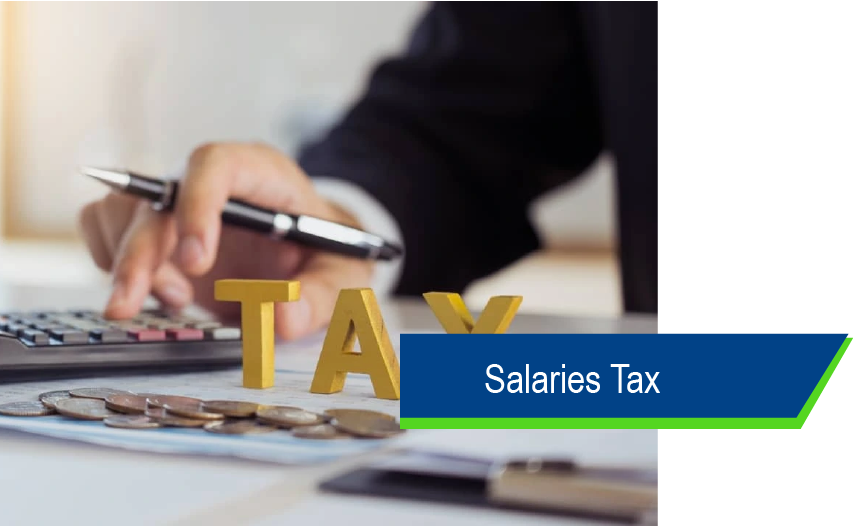
Property Tax
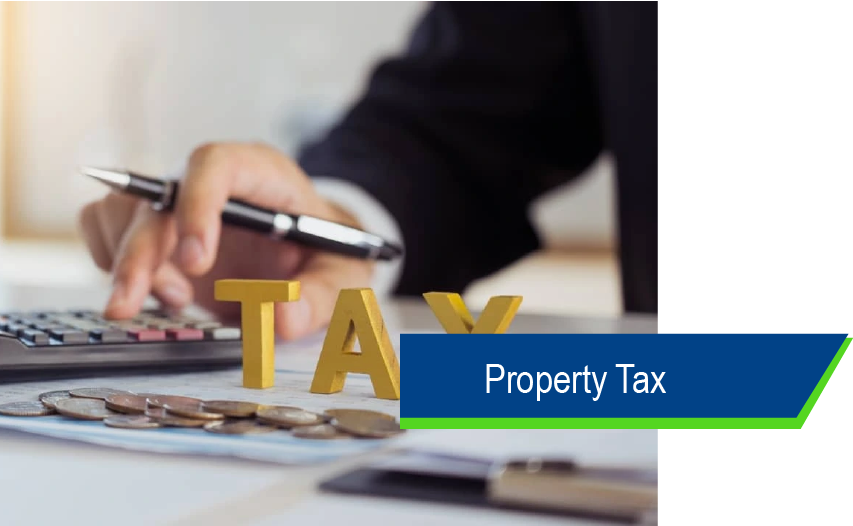
Property has always been a favourable way for investment due to its added value. In Hong Kong, the property owners lease their land, buildings or parking lot and they have to pay Property Tax according to the net assessable value of their property.
Calculating at the standard rate of 15%
From 1 April of each year to 31 March of the next year
The net assessable value shall be the current year’s rental income (after deduction of rates paid by the owner), less an allowance of 20% for repairs and outgoing expenses. Any other expense than the foregoing cannot be deducted, except for irrecoverable rents, which can be deducted. Subsequently recovered rents shall be recognised as income in the year they are recovered.
- Real estate owned by the government and consuls
- The company which has already paid profits tax regarding the rent income arising from leasing or subleasing real estate is eligible to apply for property tax exemption from HKIRD in writing (in default of tax exemption application, the property tax paid may be counted in the payable profits tax).
Hong Kong Customs Duty
Hong Kong Customs Duty
Hong Kong is a free trade port, which basically imposes no customs duty on imports or exports, no tariff quota or surcharge of any type, and no value-added and general services taxes. Currently, customs duties are levied only on four types of dutiable commodities, namely liquors, tobaccos, hydrocarbon oils and methyl alcohol.
Liquors
| Type | Rate | |
| 1 | Liquor with an alcohol volume over 30% measured at a temperature of 20℃ | 100% |
| 2 | Liquor with an alcohol volume under 30% measured at a temperature of 20℃ | 0% |
| 3 | Wine | 0% |
Tobaccos
| Type | Rate (HK$) | |
| 1 | Cigarettes | $1,906/1,000 cigarettes |
| 2 | Cigars | $2,455/kg |
| 3 | Chinese prepared tobaccos | $468/kg |
| 4 | Other manufactured tobaccos | $2,309/kg |
Hydrocarbon Oils
| Type | Rate (HK$) | |
| 1 | Aircraft spirit | $6.51/L |
| 2 | Motor spirit (leaded petrol) | $6.82/L |
| 3 | Motor spirit (unleaded petrol) | $6.06/L |
| 4 | Light diesel oil | $2.89/L |
| 5 | Ultra Low Sulphur diesel | $2.89/L |
| 6 | Euro V diesel | $0.00/L |
Methyl Alcohol
| Type | Rate (HK$) | |
| 1 | Methyl alcohol and any admixture containing methyl alcohol | $840/hectolitre |
| 2 | Every 1% by which the alcohol volume exceeds 30% | $28.1/hectolitre |
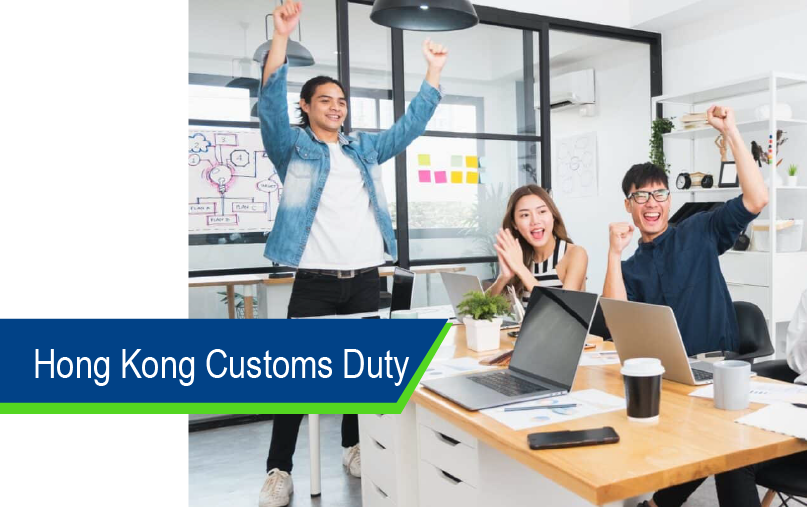
Main Procedures of IPO
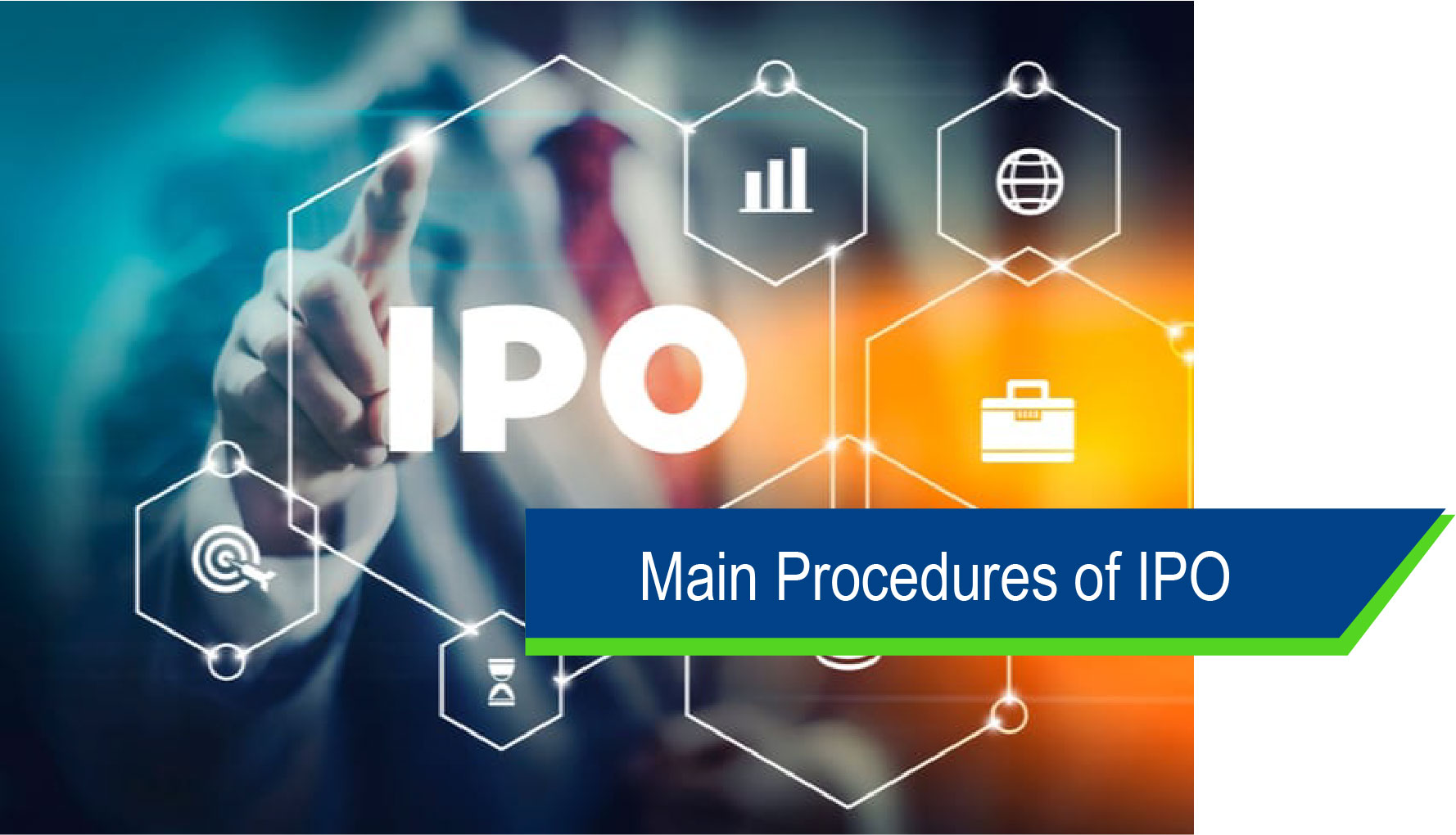
The company decides IPO
Based on the future development strategies, the board of directors and the shareholders’ meeting are convened to make the decision to list the company in Hong Kong; they select and hire the main intermediary agency and appoint sponsors and other professional advisers.
The First Coordination Meeting
The company and the sponsors, underwriters, accountants, and appraisers hold the first listing meeting and work with all parties until the company is listed.
Due diligence
The underwriter, accountant, and solicitor, will carry out careful investigation of the business, financial condition, future prospects, major risk factors, legal issues and others, to ensure correct procedures and that nothing is omitted in content of all public documents.
Reorganisation
The underwriter, accountant, and solicitor, will provide professional advice to the company, to reorganize the business, structure and financial condition of the company in consideration of direction of future development, to make the company a new entity conforming to IPO rules, to attract investors.
File making
The underwriter, accountant, and solicitor, will write all documents necessary for all kinds of IPO, including prospectus, accountants report and legal opinion.
Submitting Form A1
The underwriter assists the company in submitting preliminary application documents for listing to the Listing Department of the Stock Exchange. If the A1 data is substantially complete, the Listing Department will confirm the receipt and publish the Chinese and English versions of the application on the website.
The Listing Department reviews the application
The Listing Department will then conduct a detailed review of A1 data to assess whether the company is eligible for listing, whether it is suitable for listing, whether the business is sustainable, whether the company complies with the rules and makes full disclosures.
Answer related questions and submit other listing documents
The Listing Department will issue the first round of comments within 10 working days upon receipt of the application and request the company to answer the questions. Underwriters and intermediaries assist in the completion of this assignment.
Hearing
The Listing Committee reviews the new listing application and determines whether the applicant is suitable for an IPO.
Analyst’s study report
It is generally written by an industrial analyst working for the underwriter, and the industrial analyst will prepare the report to be recommended to investors and fund managers through visits to top management of the company for understanding the business, financial and other conditions of the company, which work is completely independent of the due diligence of the underwriter, and generally prepared after submission of Form A1 and published before road show.
Road show
The road show recommendation organized by the underwriter for the Company is generally in two forms: lunch promotion meeting and one-on-one meeting. Generally, the underwriter will accompany the company top management to visit Hong Kong, Singapore, Tokyo and occidental major cities.
Accumulative tendering
To determine a price range according to the market condition in issuing, then to invite investors to show their subscription intent in advance within the price range, and finally to determine final issue price by final subscription results.
Placing and public offering
The issue of shares is generally divided into two parts: placing and public offering in Hong Kong IPO. Placing is directional sales to global funds and other institutional investors; and public offering is sales to public.
Pricing and IPO
To seek a desirable equilibrium point according to accumulative subscription order results and market condition in issuing, to determine final issue price of shares. A simple and solemn IPO ceremony will be held in the Trading Hall of the Exchange, Generally on the day of IPO.
How Does HSEC Help Assist Corporation in Seeking to Listing in Hong Kong
IPO is an effective channel for enterprises to raise funds for sustainable development, and a unique opportunity for enterprises to standardize their management and enhance the brand reputation. As listing is a professional and complex business, when an enterprise decided to go public in Hong Kong, it must observe the Listing Rules and IPO procedures of the Hong Kong Stock Exchange. A professional who is familiar with the Hong Kong market and the listing procedures can help the overall planning. Based in Hong Kong, HSEC will guide you through the entire IPO process.
- Assessing the eligibility of the company to be listed in Hong Kong
- Preparing a feasibility report for listing
- Formulating a development direction of the company for the purposes of listing
- Examining the accounting system and accounting record of the company and giving advices for improvements
- Devising a tax saving plan for the company and individuals (shareholders)
- Designing a restructuring plan
- Recommending venture capital or private equity fund for the development of the company
- Providing audit services in accordance with the requirements of information disclosure
- Providing timely update on accounting standards, the Listing Rules and other regulatory requirements and make recommendation
- Providing professional advice on subsequent mergers and acquisitions
- Assisting clients in the issue of bonds/convertible bonds/issue of new shares/top-up issue
- Assisting in choosing the best time for listing
- Assisting in the selection of appropriate intermediaries
- Coordinating on the company behalf the intermediary teams to complete their work as scheduled
- Assisting the sponsors in the performance of due diligence
- Helping answer enquiries from the Stock Exchange
- Helping seek capital at the Pre-IPO stage and help increase market awareness on the company
